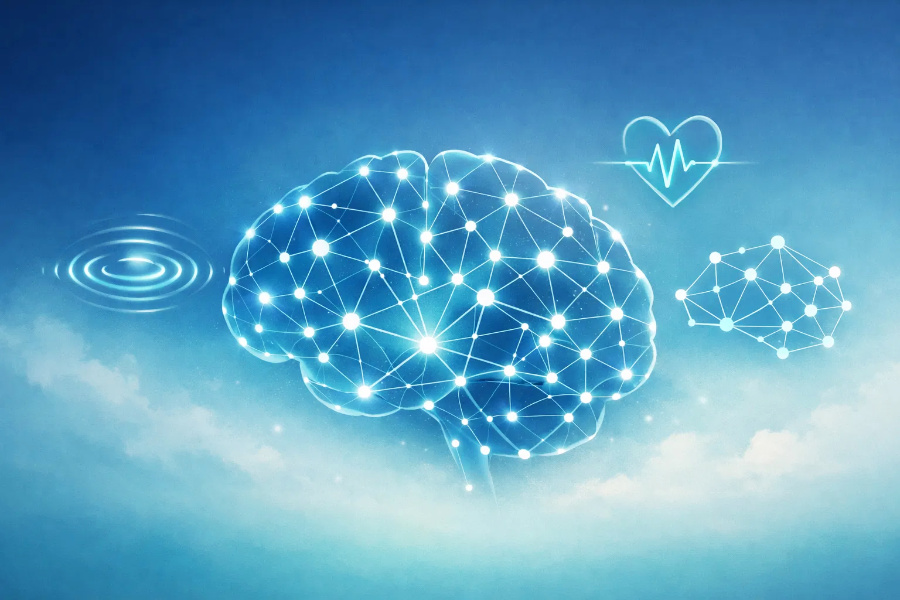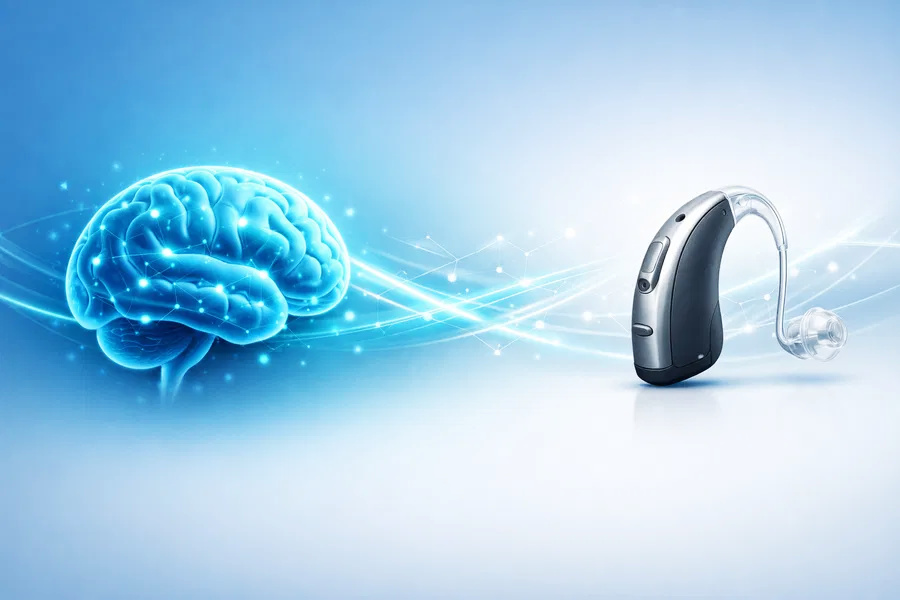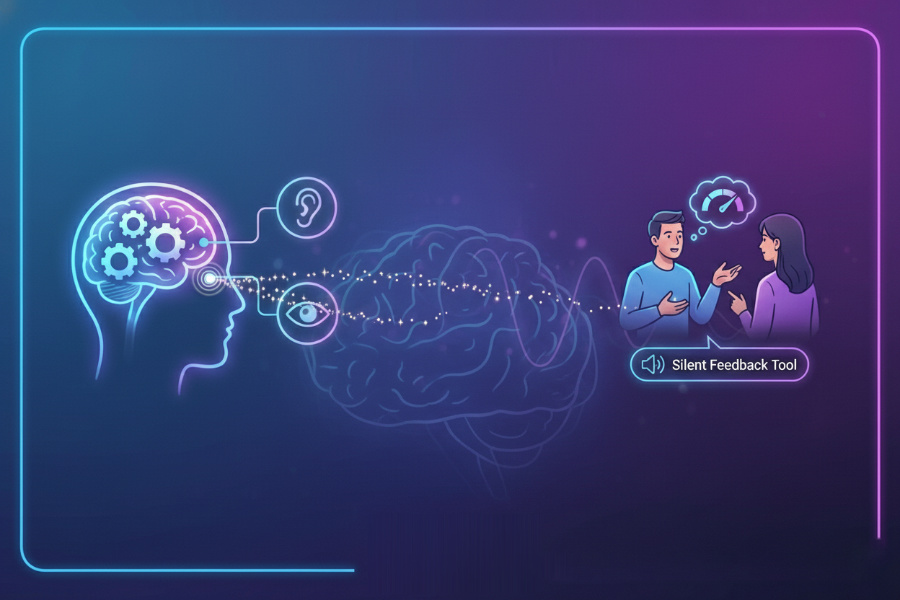
A new Concordia University study finds that blinking is a direct signal of how hard your brain is working to process information. When you’re focused, especially on listening, your eyes dry out because your brain is actively suppressing the blink reflex.
Why ...
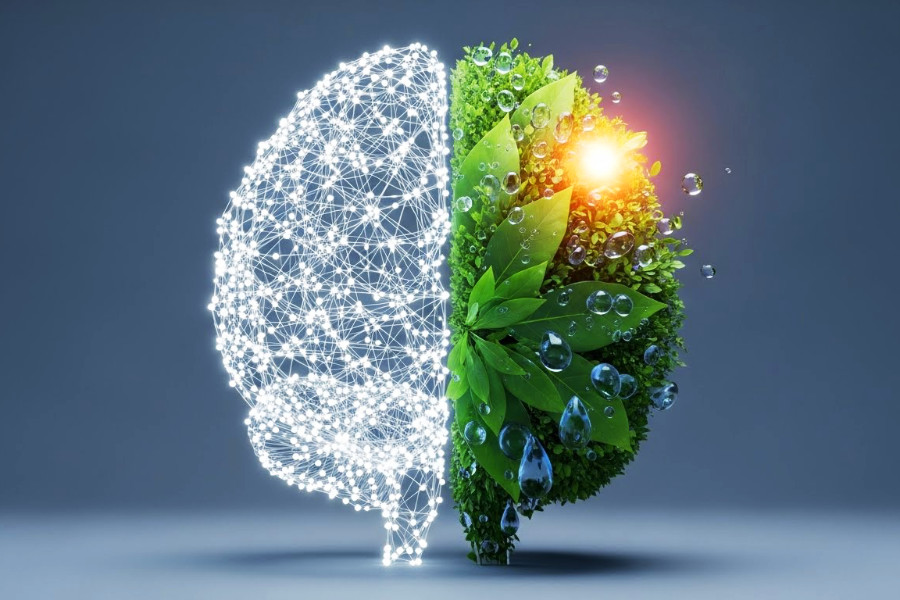
Your brain health isn’t a matter of luck. New research from Mass General Brigham identifies 17 ways to protect your cognitive future.
Why it matters
Daily choices dictate your healthspan. You can influence these outcomes. Modifiable ...

Did you know your hearing could affect your risk of falling? A recent study shows that hearing loss can significantly raise the likelihood of trips and falls, especially as we age.
Why it matters
Falls pose a serious health risk for ...
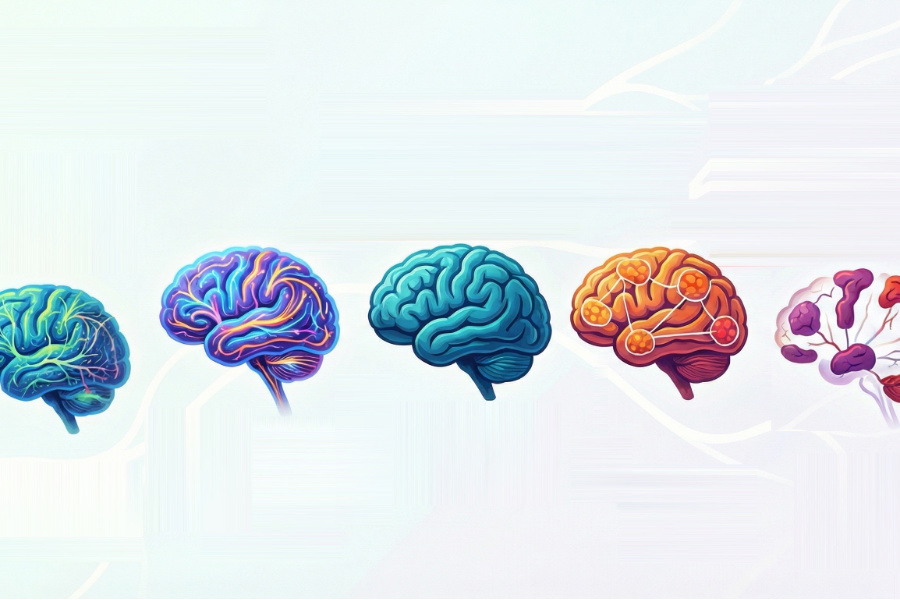
Neuroscientists at Cambridge identified five "major epochs" of brain structure over a human lifetime. These phases—from childhood through late aging—are separated by four pivotal turning points where neural connections fundamentally reconfigure. ...

Forget what you knew about when mammals developed modern hearing. New research pushes that milestone back 50 million years, to a creature that lived 250 million years ago, just as the age of dinosaurs began.
Why ...

Researchers identified 211 distinct genetic mutations linked to childhood deafness in Algeria, Morocco, Mauritania, and Jordan, with over a third being new. The breakthrough ends decades of diagnostic uncertainty for families wondering if their deaf ...


